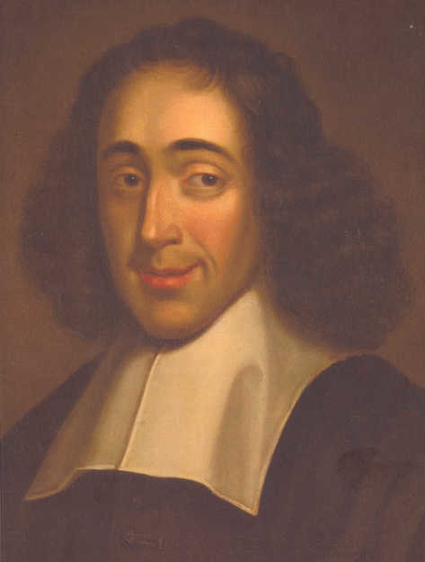Spinoza’s ideas are still up-to-date. How many free thinkers are there these days in this country, where freedom of speech is constantly referred to? Spinoza’s objective is to kindle public discussions by asking as many controversial questions in public as possible. Mediamatic spread these questions all over Amsterdam.
Thinking out loud
Thinking, we all do that, or so it seems. Our minds are constantly grinding. We think about things and people in our daily lives. About ourselves. About the a car purchase or our house maintenance.
There’s always people observing all that thinking in consternation. They’re perplexed by the premises, the complicated reasoning, the nonsense and dilemma’s they encounter. They’re overwhelmed by the questions, that take us further where everyday thinking takes a turn.
These people could be called thinkers or philosophers. The freedom to philosophize isn’t always self-evident. Caution is advised, also in times of relative freedom and peace. Those who critically investigate society’s fundaments, risk opposition, exclusion, and sometimes downright persecution.
Baruch de Spinoza was a jewish Amsterdammer, who as a young man chose the life of a philosopher. Against the will of his fellow believers, he started studying Western philosophy, mathematics and physics. He was excluded and banned. The Dutch found his ideas equally dangerous. He published a book anonymously, that was prohibited throughout Europe. His name became infamous. Some of his sympathizers even ended up in jail.
His life story and philosophy are inspiring up to this date. For Spinoza, freedom of thinking and speech were imperative. Although his ideas of democracy differed from ours, the fundaments for an open society with rule of law and a democratic system can already be found with this philosopher in 1677, when he died at the age of 44.
Asking provocative and tough questions, publicly and out loud, and provoking discussions. Stirring up as many people as possible, that’s the challenge of this project. Use it or lose it, as the English saying goes, and that’s exactly the same with freedom of thinking. Unity doesn’t equal ‘agreeing on everything’. A strong group with room for everyone has a wide variety of different opinions.
What was happening?
In 2009 Mediamatic was the headquarters from where WatSpinoza? Questions were spread throughout the city. The posters showed a number you could text to answer them. These answers were placed in the forums on this site.
The WatSpinoza project continues during the international Spinoza conference at the Kocaeli University on 21-23 may 2012. On the campus of the Kocaeli University and in the center of Amsterdam Mediamatic has spread the Spinoza questions which are translated to Turkish. With this project Mediamatic aims the public to participate on the philosophical discussion.
